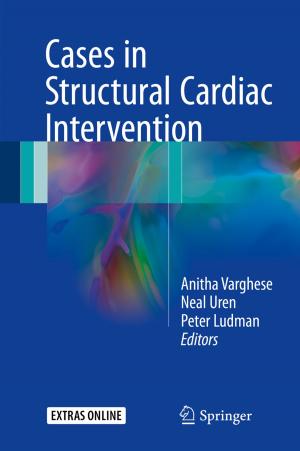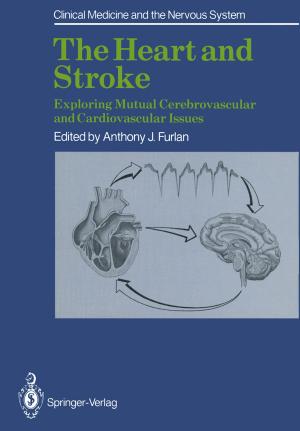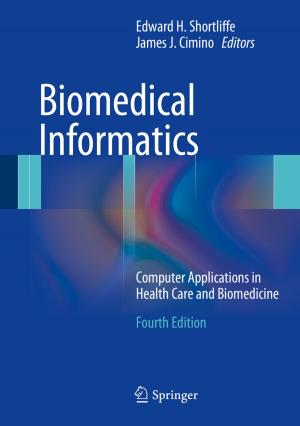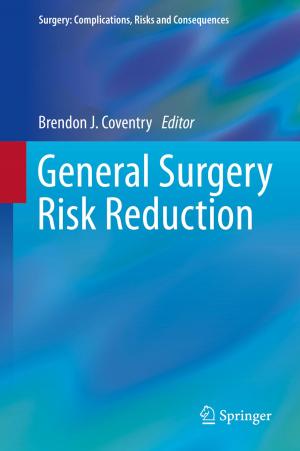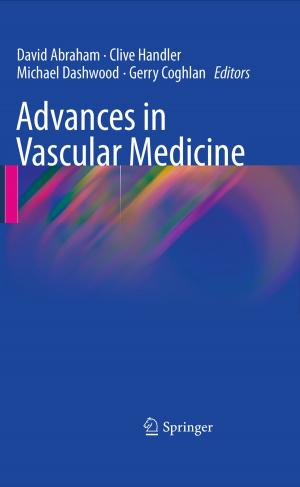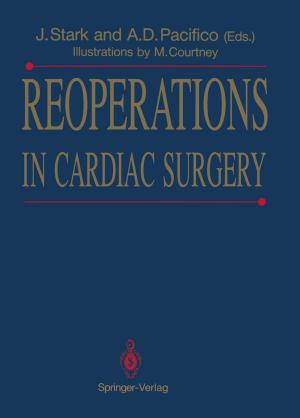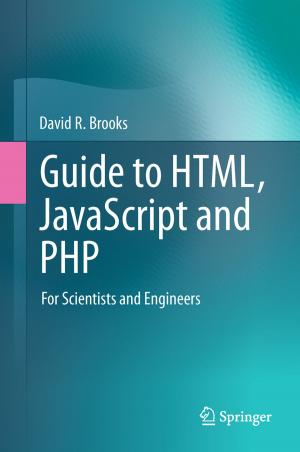Sexually Transmitted Diseases
Nonfiction, Health & Well Being, Medical, Specialties, Dermatology, Family & General Practice| Author: | David Goldmeier, Simon Barton | ISBN: | 9781447114321 |
| Publisher: | Springer London | Publication: | December 6, 2012 |
| Imprint: | Springer | Language: | English |
| Author: | David Goldmeier, Simon Barton |
| ISBN: | 9781447114321 |
| Publisher: | Springer London |
| Publication: | December 6, 2012 |
| Imprint: | Springer |
| Language: | English |
"Conclusions are usually considered guesses" Henry S. Haskins, American writer in Meditations in Wall Street Students' minds, whether undergraduate or postgraduate, soon become stale when faced with lectures or even not so large textbooks. Supplementing lecture notes and textbooks with multiple-choice questions, therefore, attunes the mind to this style of examination which the student will certainly meet and yet also relieves the tedium and monotony of the conventional learning route. This multiple-choice textbook, therefore, should be used side by side with lecture notes, textbooks and clinical teaching material. The book covers a wide field of genitourinary medicine. This necessarily overlaps with general medicine, urology, bacteriology, virology, psychiatry, sexual medicine, im munology and proctology. With regard to immunology, a basic set of teaching questions are included so that HIV disease may be more easily understood without recourse to immunology textbooks. The answers to the questions are not given in a uniform style. This is partly to relieve monotony, and partly because some questions need no explanation, others need a prose answer and yet others are best answered by a point-by-point explanation. We also provide references for those interested. There is some overlap between questions but only enough, we hope, to facilitate learning but not produce somnolence.
"Conclusions are usually considered guesses" Henry S. Haskins, American writer in Meditations in Wall Street Students' minds, whether undergraduate or postgraduate, soon become stale when faced with lectures or even not so large textbooks. Supplementing lecture notes and textbooks with multiple-choice questions, therefore, attunes the mind to this style of examination which the student will certainly meet and yet also relieves the tedium and monotony of the conventional learning route. This multiple-choice textbook, therefore, should be used side by side with lecture notes, textbooks and clinical teaching material. The book covers a wide field of genitourinary medicine. This necessarily overlaps with general medicine, urology, bacteriology, virology, psychiatry, sexual medicine, im munology and proctology. With regard to immunology, a basic set of teaching questions are included so that HIV disease may be more easily understood without recourse to immunology textbooks. The answers to the questions are not given in a uniform style. This is partly to relieve monotony, and partly because some questions need no explanation, others need a prose answer and yet others are best answered by a point-by-point explanation. We also provide references for those interested. There is some overlap between questions but only enough, we hope, to facilitate learning but not produce somnolence.

